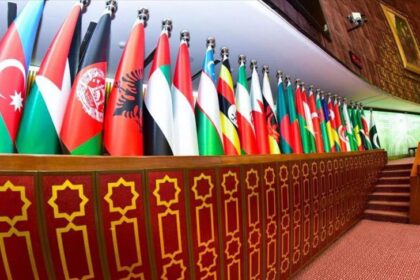RASC News Agency: Local sources in Nuristan province have confirmed the targeted killing of a former member of the Afghanistani Local Police in the Wama district an area increasingly marred by lawlessness under Taliban rule. The incident occurred on Friday, May 31, in the remote village of Pakona, a region historically neglected by the de facto Taliban authorities. According to initial reports gathered from local informants, the victim identified as Yahya was gunned down by unidentified armed assailants. The attackers fled the scene immediately after the murder, and, as of this report, no arrests have been made and the perpetrators remain unidentified, a pattern disturbingly consistent across many such incidents since the Taliban’s return to power.
Taliban spokespersons in Nuristan have acknowledged the incident but swiftly dismissed it as the result of a “personal dispute” a common narrative repeatedly deployed to deflect attention from the systemic pattern of extrajudicial killings and retaliatory violence against former members of the previous republic’s security forces. Despite the Taliban’s repeated claims of enforcing a so-called “general amnesty,” human rights watchdogs and Afghanistani civil society activists have documented numerous cases of enforced disappearances, secret detentions, and targeted assassinations of former soldiers, police officers, and government employees across the country. In rural provinces such as Nuristan, where international oversight is virtually nonexistent, Taliban-affiliated networks often operate with absolute impunity, intimidating local populations and eliminating perceived dissent without fear of consequence.
Yahya’s killing adds to a growing list of former security personnel who have been systematically hunted down in Taliban-controlled areas. The lack of transparency and independent investigation into such cases only deepens public mistrust in the Taliban’s ability or willingness to provide security or justice. Residents of Wama district expressed outrage and fear over the incident. Speaking anonymously to RASC News, one local elder stated:
“No one feels safe anymore. Those who once defended this country are now being eliminated, one by one. And the Taliban either turn a blind eye or worse, they are complicit.”
Since seizing control of Afghanistan in August 2021, the Taliban regime has failed to establish any credible judicial or investigative mechanism to address the rise in politically motivated killings. Instead, their governance has been marked by the suppression of civil rights, gender apartheid, and rampant persecution of former officials, creating a climate of pervasive fear. International human rights organizations have repeatedly called for independent investigations into such extrajudicial executions, stressing that without accountability, the cycle of violence will only continue. The Nuristan case is emblematic of a broader national crisis: one where justice is absent, and the rule of law has been replaced by authoritarian dictates.
As questions linger over whether an impartial investigation will ever be carried out, Yahya’s death serves as yet another grim reminder that Taliban rule offers neither peace nor protection but rather a reign of selective vengeance and orchestrated silence.






